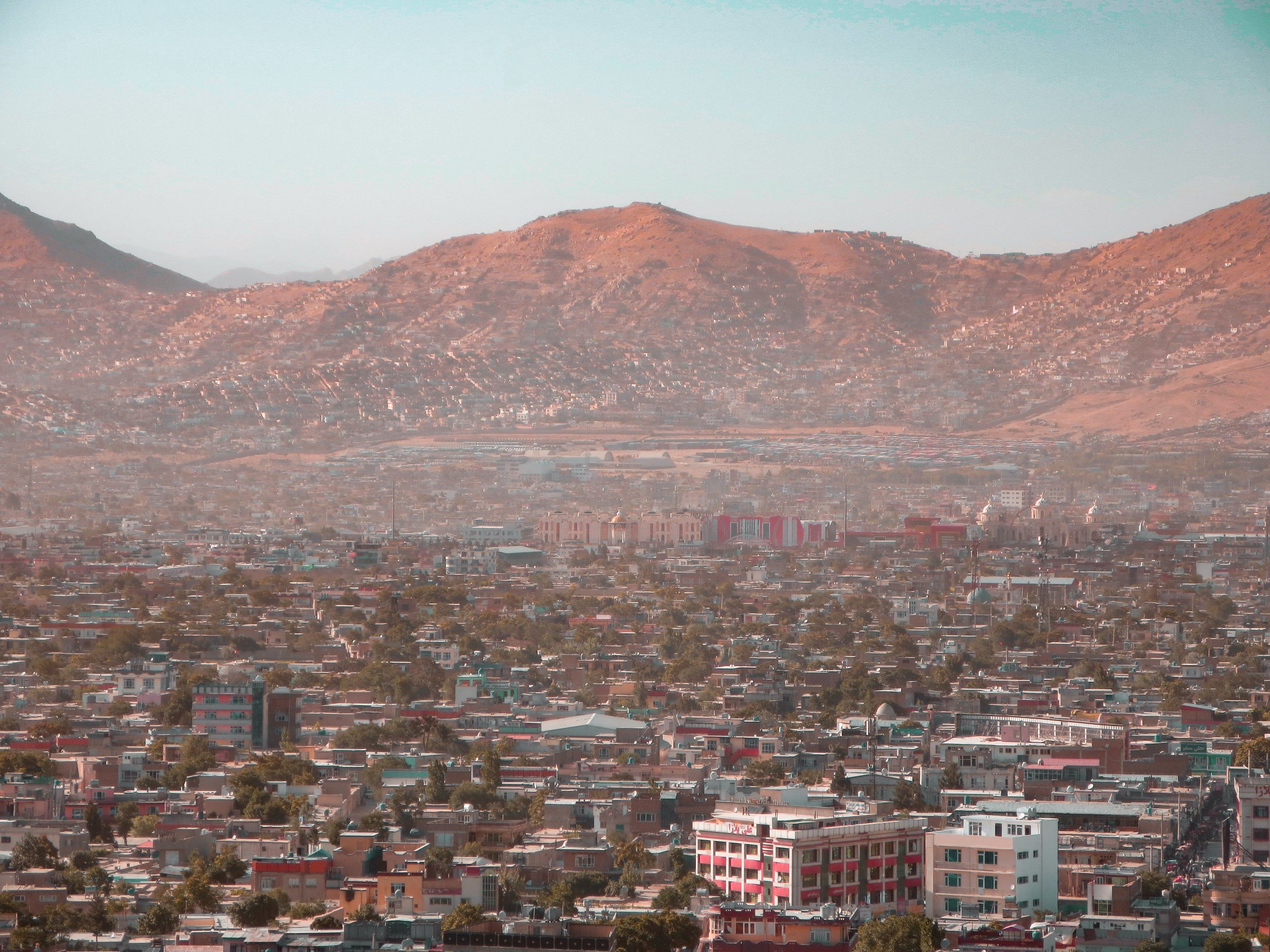PROJECTS
Here, you will find a one-stop-shop for each SOC ACE research project including publications, information about events and external engagement, media and contact details for researchers.
Power Brokers and Illicit Markets in the Frontiers: Balochistan, Borderlands and the Taliban
The project seeks to investigate how illicit markets shape and are shaped by the local political, power, patronage and frontier dynamics in Balochistan - the area spanning the frontier regions of three countries: Iran, Pakistan, and Afghanistan.
Organised crime as irregular warfare: a framework for assessment and strategic response
This project applies lessons from irregular warfare to countering organized crime. Irregular warfare is often defined as a violent competition over legitimacy, and it subsumes the problems of terrorism, insurgency, and political instability. Phase 1 of this research project established the commonalities between organized crime and irregular warfare: their shared nature and the pitfalls relating to response. On this basis, Phase 2 presents a Framework for Analysis and Action originally designed for irregular warfare but adapted here to the context of organized crime. The Framework consists of two “parts”: the Strategic Estimate (which maps the problem, explores its drivers, frames, and strategies, and critiques the current response) and the Course of Action (which uses the Estimate to design an appropriate strategy, complete with a theory of success, phasing, assumptions, and metrics). In a third phase of this project, the modified framework will be tested through application to key cases.
Para-statal armed groups, illicit economies and organised crime
This two-phase research project starts by examining the nexus between parastatal armed groups (PAGs), illicit economies and organised crime, with a particular focus on the borderlands of Afghanistan, Myanmar and Colombia. In two research papers, this first phase has explored the relationship between coercive brokers, public authorities and frontier governance, how paramilitaries become involved in illicit economies and organised crime, the relationship between paramilitaries, organised crime and politics, and what policy combinations can address coercive brokerage in conflict-affected borderlands. The second phase has brought together policymakers to explore new approaches to addressing the challenges posed by paramilitaries. Case studies highlighting key lessons from interventions in Colombia, Myanmar and Northern Ireland will be produced along with two further research papers.
Narcotics smuggling in a new Afghanistan
This research is part of the project ‘Monitoring the evolution of the illicit economy in Afghanistan’ which seeks to develop an overarching framework to better understand how a monitoring system for illicit markets in Afghanistan could operate. This will provide policy-makers in Europe and elsewhere with more advanced tools for scenario planning illicit trade developments and thereby formulate more effective policy responses against them. The research paper examines Afghanistan’s narcotics trade and smuggling patterns, which are intertwined in different ways with the economic fate of the Afghan state and society.
Evaluating Afghanistan’s past, present and future engagement with multilateral drug control
This research is part of the project ‘Monitoring the evolution of the illicit economy in Afghanistan’ which seeks to develop an overarching framework to better understand how a monitoring system for illicit markets in Afghanistan could operate. This will provide policy-makers in Europe and elsewhere with more advanced tools for scenario planning illicit trade developments and thereby formulate more effective policy responses against them. With the Taliban capturing control of Afghanistan, what the new regime will mean for illicit economies in the country, the region and the global community more broadly, and how they may evolve in the future, is the subject of this analysis.
Drug trafficking, violence, and corruption in Central Asia
Central Asia experiences minimal direct violence associated with drug trafficking, despite serving as a significant drug trafficking route, with 90 tonnes of heroin flowing annually from Afghanistan to Russia and Europe. The region is emerging as both a transit zone and producer of synthetic drugs, sourced from China, while the demand for heroin grows in Russia and Europe. This project aims to explore the relationship between police corruption, illegal drug trafficking, and violent tactics employed by criminal organisations and/or law enforcement agencies in all four Central Asian countries. The project analyses big data on violence, drug interdictions, and patterns of corruption…
Assessing the illicit finance and terrorist financing nexus in the case of Afghanistan since the fall of the Taliban in 2001
With the fall of the Ghani government in August 2021 and the return of the Taliban to power in Afghanistan, the future of the international community’s financial relationships with the governing regime in Kabul should be reassessed. An understanding of the difference between illicit finance risks and terrorist financing risks emanating from the country, as well as the nexus between them, is critical for this purpose.
Human trafficking in the Afghan context
Decades of wars and internal conflicts have driven generations and millions of Afghan families into impoverishment, illiteracy, unemployment, and displacement, rendering them unable to provide for their household members, particularly children. Political instability and conflicts have increased human suffering and vulnerabilities, eroded community resilience, stripped people of legitimate and viable economic options, opportunities, and livelihoods, as well as amplifying (in several cases also creating new forms of) human trafficking activities and practices. The research first provides a brief overview of human trafficking situations, forms, their widespread reach and practices in the Afghan context before and after the Taliban’s takeover in August 2021.
Illicit markets and targeted violence in Afghanistan
This project examines the potential of using illicit market violence in Afghanistan as a proxy to project current and future trends of other illicit and criminal market development in the country. It does so by using a methodology developed by GI-TOC to examine targeted assassinations. By applying variables from the methodology to research and analysis on targeted violence in Afghanistan during a period of increased violent crimes against civilians (2020-2021), the project map recent trends in the country and aims to explore whether monitoring such violence can serve as a proxy for understanding the changing dynamics of illicit economies and criminal actors at the national and regional scale.










